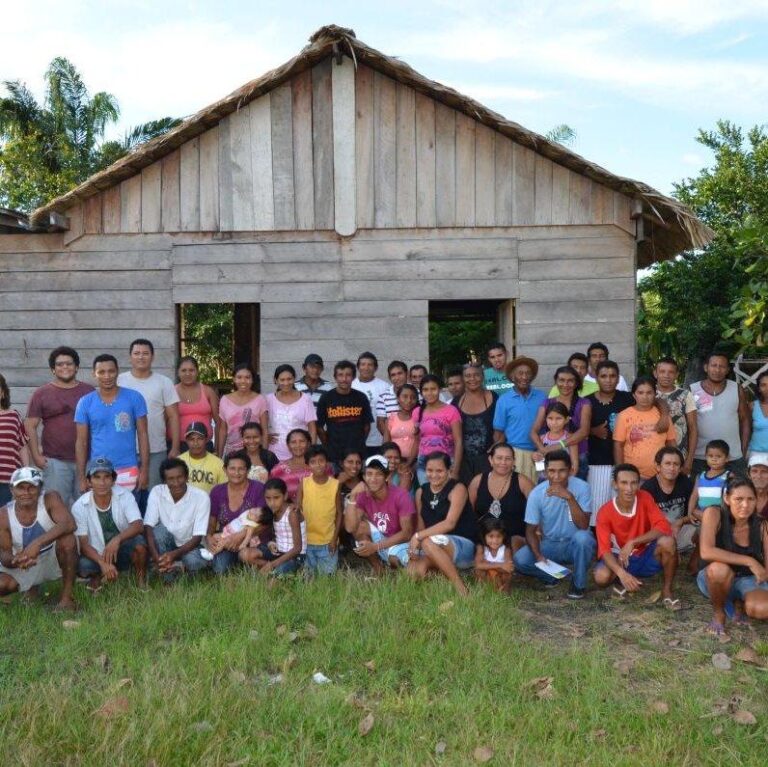The U.S. Department of State has released its 2024 Country Reports on Human Rights Practices, offering a comprehensive overview of the human rights landscape in Brazil over the past year. The report examines key issues such as freedom of expression, government accountability, indigenous rights, and law enforcement conduct, providing critical insights into challenges and progress in the country’s ongoing human rights journey. As Brazil continues to navigate social and political complexities, the findings shed light on areas of concern and potential reform amid a dynamic regional context.
Human Rights Challenges in Brazil Spotlighted in 2024 State Department Report
The 2024 State Department report highlights persistent human rights issues in Brazil, drawing attention to systemic challenges that continue to impact vulnerable populations. Among the most pressing concerns are police brutality, which disproportionately affects Afro-Brazilian communities, and ongoing violence against Indigenous groups defending their ancestral lands. Additionally, the report underscores deficiencies in protecting freedom of expression, citing increased threats and intimidation against journalists and activists in remote regions.
The document also outlines critical shortcomings in Brazil’s judicial system, with delays and inefficiencies contributing to a culture of impunity. Key areas of concern include:
- Extrajudicial killings: Reports indicate that law enforcement officers are rarely held accountable for abuses.
- Land rights violations: Illegal deforestation and encroachment on Indigenous territories persist.
- Discrimination: Marginalized groups face barriers accessing education, healthcare, and legal redress.
- Gender-based violence: Domestic abuse cases remain underreported and insufficiently prosecuted.
| Category | Reported Cases (2023) | Government Response |
|---|---|---|
| Police Brutality | 1,500+ | Limited investigations |
| Indigenous Land Conflicts | 350+ | Weak enforcement |
| Attacks on Journalists | 120+ | Few prosecutions |
| Gender-Based Violence | 2,000+ | Inadequate support services |
Key Areas of Concern Include Police Conduct and Indigenous Rights
Throughout 2024, Brazil faced heightened scrutiny over persistent issues involving the behavior of police forces. Reports highlighted incidents of excessive use of force, arbitrary detentions, and inadequate investigations into allegations of misconduct. These practices disproportionately affect marginalized communities, undermining public trust and raising questions about accountability mechanisms within law enforcement agencies. Activists and human rights organizations continue to call for comprehensive reforms to address systemic flaws and ensure that police operations comply with international human rights standards.
At the same time, Indigenous peoples in Brazil endured ongoing violations of their rights, particularly concerning land protection and cultural preservation. The government’s enforcement of environmental regulations remains inconsistent, exposing Indigenous territories to illegal logging, mining, and land grabbing. As pressure mounts from both domestic groups and the international community, the demands for respecting Indigenous autonomy and securing their traditional lands grow stronger. Key concerns include:
- Insufficient legal safeguards preventing encroachment on Indigenous reserves
- Limited access to healthcare and education services within Indigenous territories
- Displacement risks due to infrastructure projects and agribusiness expansion
| Issue | Reported Incidents | Government Response |
|---|---|---|
| Police Misconduct | 320 cases | Partial investigations, few convictions |
| Illegal Land Invasions | 150 incidents | Limited enforcement actions |
| Access to Basic Services | Challenges reported in over 50 Indigenous communities | Increased budget proposals pending approval |
Recommendations Call for Strengthened Legal Protections and Increased Accountability
To address ongoing human rights challenges, officials and advocacy groups emphasize the urgent need for stronger legislative frameworks that guarantee the protection of vulnerable populations across Brazil. These measures should reinforce safeguards against discrimination, arbitrary detention, and abuses by security forces, ensuring that laws are not only comprehensive but also effectively enforced. Enhanced legal protections must be complemented by improved access to justice, particularly for marginalized communities who consistently face barriers in asserting their rights.
Equally critical is the establishment of robust mechanisms to hold perpetrators accountable and restore public trust in institutions. A coordinated approach involving law enforcement, judicial bodies, and civil society is necessary to monitor human rights violations and implement transparent investigation processes. The following table outlines key recommendations highlighted in recent assessments:
| Priority Area | Recommendation | Expected Outcome |
|---|---|---|
| Legal Reform | Update anti-discrimination statutes | Reduced bias in judiciary and policing |
| Accountability | Implement independent oversight bodies | Increase transparency and reduce impunity |
| Access to Justice | Expand legal aid services | Empowered vulnerable populations |
| Community Engagement | Promote human rights education programs | Heightened public awareness and advocacy |
- Strengthen legislation to address gaps in protection.
- Increase transparency in government investigations.
- Support civil society initiatives for empowerment and monitoring.
- Ensure equitable legal services across all regions.
Key Takeaways
The 2024 Country Reports on Human Rights Practices provide a detailed and candid assessment of Brazil’s human rights landscape, highlighting both progress and persistent challenges. As the U.S. Department of State continues to monitor and document these issues, the report serves as a vital resource for policymakers, human rights advocates, and international observers seeking to understand the evolving dynamics in Brazil. Ongoing scrutiny and engagement remain essential to promoting accountability and safeguarding fundamental rights in the country moving forward.




